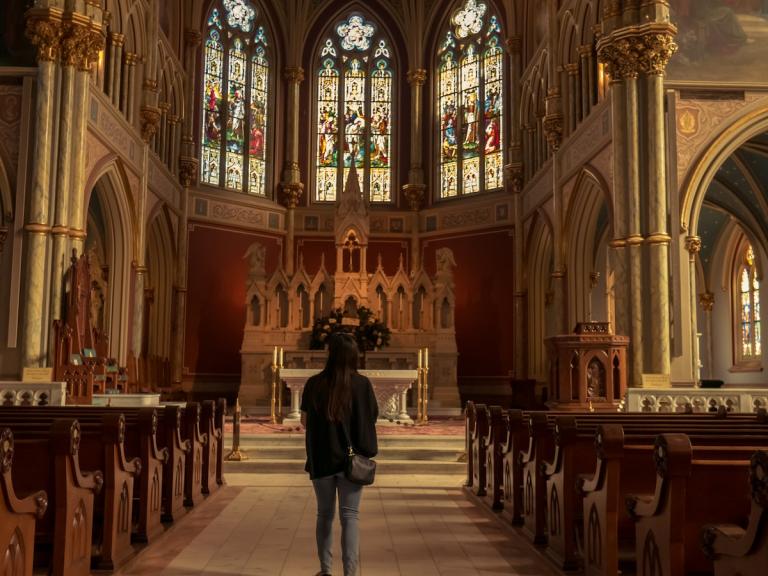
The U.S. Surgeon General says loneliness is now a severe public health threat on par with obesity and smoking. U.S. Surgeon General Vivek Murthy, M.D., says that loneliness has become a painful secret for far too many Americans, revealing that he experienced this firsthand. He told ABC News, “This is an issue so many people struggle with in the shadows because they feel ashamed. And that was true for me as well.”
Like many others, Dr. Murthy experienced loneliness as a child and again as an adult. He recalled, “It was my wife Alice who stepped in and said, ‘Hey, I’m worried about you because you’re not reaching out to people. You’re not socializing with your friends.” Dr. Murthy recently released a new Surgeon General Advisory calling attention to the public health crisis of loneliness, isolation, and lack of connection in the United States.
He said loneliness increases the risk of physical ailments like dementia, heart disease, stroke, and mental illnesses, including anxiety, depression, and suicide. He adds that the possibility of premature death due to loneliness could equal that of smoking 15 cigarettes a day and pose a greater health risk than living with obesity. Murthy said about 50 percent of adults struggle with loneliness, and even more children do. This statistic can be surprising because many young people frequently connect with their peers online.
However, Murthy said technology serves as a poor substitute for in-person connection. Mental health experts, like psychiatrist Daniel Amen, believe social media can be addicting and predict the problem will only worsen. Dr. Amen told CBN News, “I actually believe we’re on the beginning of a tidal wave of brain and mental health problems in young people, and it’s because we’re more disconnected than ever before, disconnected from our own families because when people are together, their faces are buried in their gadgets.”
Dr. Amen asserts that loneliness was a severe problem in America before the pandemic, but the COVID-19-related shutdowns made loneliness “exponentially worse.” He points out that the pandemic may be over, but many people are still isolated from those with whom they interacted before the pandemic. Therefore, Dr. Amen recommends minimizing screen time and maximizing in-person interactions.
He said, “So it’s back to church. Go back to church. Get involved. Get involved with groups. We have to go back. And really, no better place to solve it than the church.” Dr. Amen also believes more public resources should be used to hire and train mental health professionals so they’re more accessible and affordable to the people who need them.
